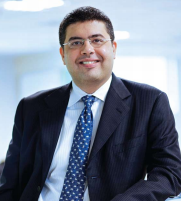Artificial intelligence (AI) is transforming the casino industry by streamlining operations, improving customer encounters, and improving security practices. In 2023, a document by Deloitte emphasized that AI solutions could increase operational productivity by up to 30%, permitting casinos to more effectively manage resources and cut costs.
One notable figure in this domain is David Schwartz, the previous Vice President of Data Science at Caesars Entertainment. His contributions in integrating AI into casino operations has been crucial. You can learn more about his perspectives on his Twitter profile.
AI is being employed for various purposes, including tailored marketing tactics that analyze player behavior to adapt promotions and offers. This specific approach not only boosts player engagement but also increases revenue. For more insights on AI in gaming, visit The New York Times.
Moreover, AI-driven monitoring systems are enhancing security by recognizing dubious activities in live time, thereby lowering the risk of fraud and theft. These systems can examine video streams and identify deviations, enabling security personnel to respond swiftly. Furthermore, virtual assistants powered by AI are improving customer support by providing prompt responses to player questions, boosting overall satisfaction.
As the casino scene continues to evolve, embracing AI solutions will be crucial for staying relevant. Casinos should invest in AI applications to improve operations and enhance the player encounter. Investigate various AI uses in the casino field at казино пинко .
While the advantages of AI are substantial, casinos must also consider principled implications, such as data security and ethical gaming. Making sure that AI systems are clear and equitable will be essential in maintaining player faith and commitment.
